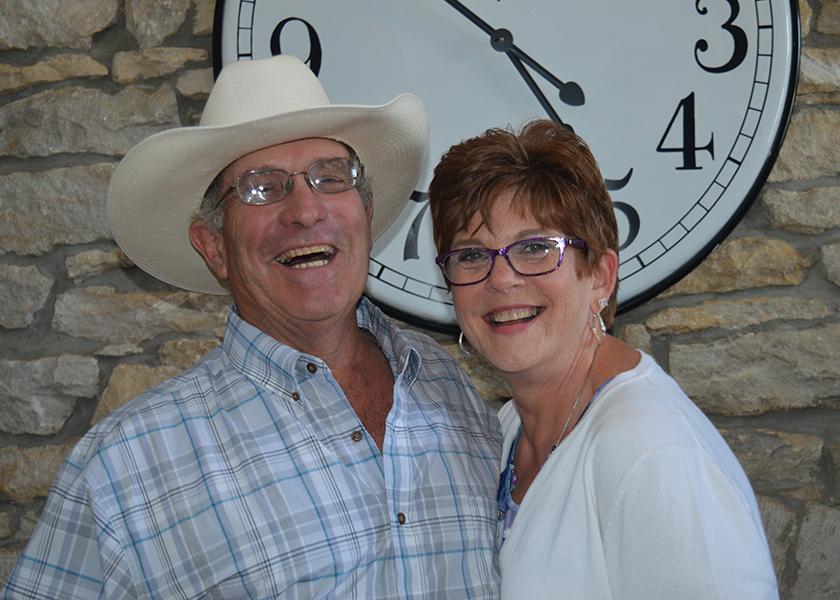Heartbreak Serves as a Warning to Other Farm Families

In a split second one life ended, and dozens of lives would never be the same. Ralph Griesbaum was practically born operating a tractor, it was like breathing, but hazards are always present in ag operations.
The 58-year-old farmer and rancher was doing a normal chore on the cab-less tractor his dad bought just after he was born. Then, something went wrong and the tractor overturned, landing on the father, husband and grandfather. By the time he was found, and emergency responders arrived, it was already too late.
“It was Father’s Day 2018 when we lost the best man I know,” says Lacey Miller, Griesbaum’s daughter who now farms part of the family operation with her husband and children. “If he had been wearing a seatbelt and had a rollbar we’d be telling a totally different story.”
He left behind his wife, two children and four grandchildren and a community of friends and acquaintances who were shook by the news. Griesbaum was running for presiding commissioner in his county and was well known for involvement in the community.
Make time for safety
Tractor rollovers make up more than half of the 250 tractor-related deaths that occur each year, according to the National Institute for Occupational Safety and Health. Around 85% of rollovers are side rollovers.
Simple additions to tractors can increase operator safety and possibly save lives.
“I made a vow shortly after dad died that there would never be another open tractor on our farm,” Miller says. “There is no dollar amount worth a life.”
Adding a rollbar and seat belt costs anywhere from $1,600 to $1,800, which might seem like a lot of money — especially on older tractors. However, the cost isn’t to protect the tractor, it’s to protect the life of the operator.
Here are a few of the major causes of side rollovers, according to Farm Bureau:
- Driving too close to inclines or embankments.
- Taking curves too fast.
- Driving a loaded front-end loader while raised.
- Uneven breaking.
- Losing control of the tractor from a heavy load on the drawbar.
Check out tips for avoiding side and rear rollovers here.
“My dad was the best, he was larger than life, I can still hear his laugh,” Miller says. “He was never going to die. He was honest, he was selfless. Never leave your daughter the way he left me. Think about your family and the domino effect your death could have.”
Safety on the farm moves beyond just the tractor, if you’re working with animals or in uneven fields, hazards are all around you. Don’t let the need for speed cloud your judgement, accidents happen in seconds, but their impact reverberates throughout families and communities for years.







